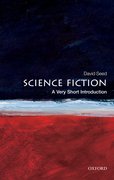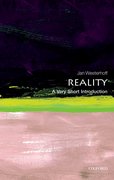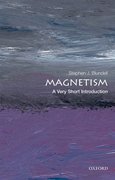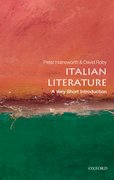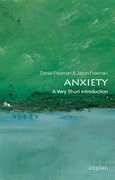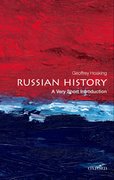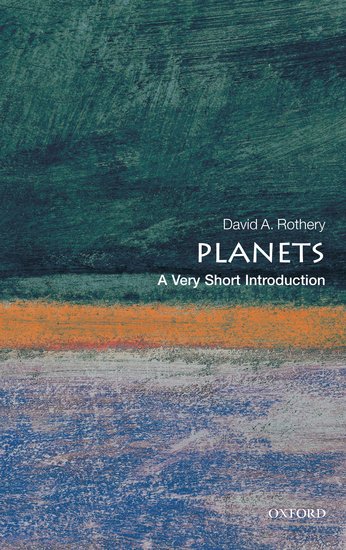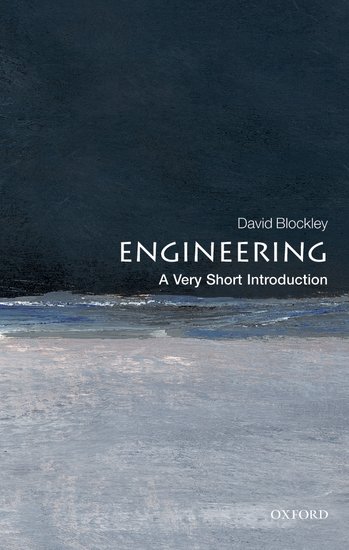The continuing life of science fiction
By David Seed
In 1998 Thomas M. Disch boldly declared in The Dreams Our Stuff Is Made Of: How Science Fiction Conquered the World that science fiction had become the main kind of fiction which was commenting on contemporary social reality. As a professional writer, we could object that Disch had a vested interest in making this assertion, but virtually every day news items confirm his argument that SF connects with an amazingly broad range of public issues.

